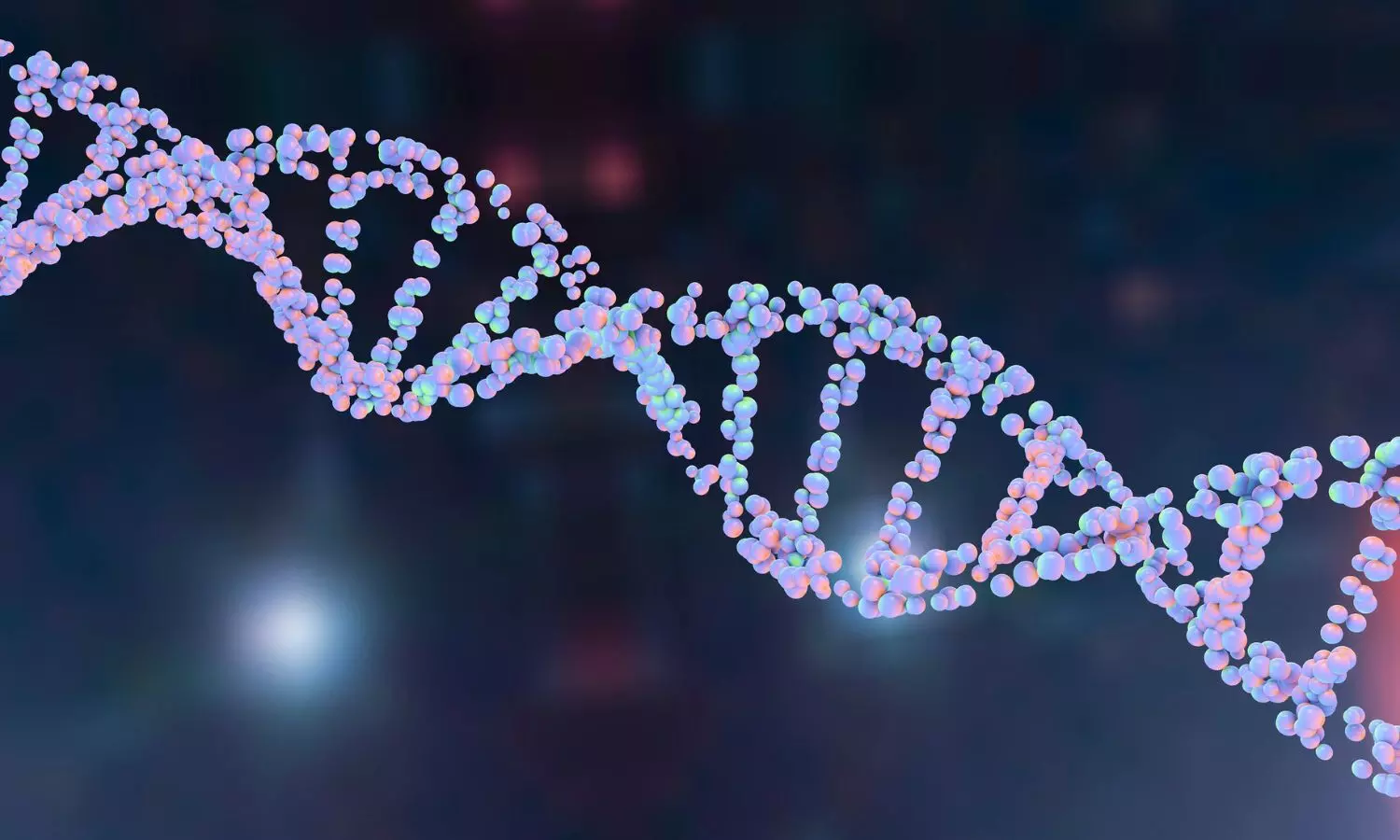Study Links Genetic Sensitivity to Risk of ADHD, Autism, and Anxiety

New Delhi: A recent international study led by researchers at King’s College London has identified genetic factors that influence how sensitive individuals are to their environment—factors that may contribute to the development of conditions such as attention-deficit/hyperactivity disorder (ADHD), autism, anxiety, depression, and psychotic-like experiences.
Published in the journal Nature Human Behaviour, the study is the largest genome-wide association study (GWAS) of identical twins conducted to date. Data was gathered from 21,792 identical twins (10,896 pairs) across 11 major twin studies worldwide, with contributions from researchers at 23 universities.
The team discovered that even among genetically identical twins, variations in sensitivity to life experiences are linked to specific genetic variants. These variants influence how individuals react to both positive and negative environmental factors, which can significantly affect their mental health outcomes over time.
“Differences in individuals’ sensitivity to life experiences can explain why the same negative or positive experiences may have varying effects on people’s mental health, depending on their genetic makeup,” explained Dr. Elham Assary, Postdoctoral Researcher at King’s College London.
Genes involved in neurodevelopment, immune function, and central nervous system regulation were found to be associated with variation in autistic traits. In addition, genes linked to stress reactivity were connected to symptoms of depression. Another set of genes that regulate catecholamines—hormones like dopamine and adrenaline involved in stress response—were associated with psychotic-like experiences.
“These findings confirm that genes influence psychiatric and neurodevelopmental traits partly through affecting how people respond to the world around them,” said Professor Thalia Eley, Professor of Developmental Behavioural Genetics at King’s. “Some people are more sensitive to their circumstances, and this can be beneficial in supportive environments, but may also pose challenges in more stressful ones.”
The study offers valuable insights into how genetic predisposition interacts with life experiences to shape mental health. These results could inform more personalized mental health interventions, where treatments are tailored not just to symptoms, but also to an individual's biological sensitivity to their environment.


